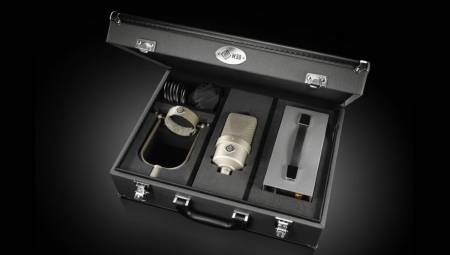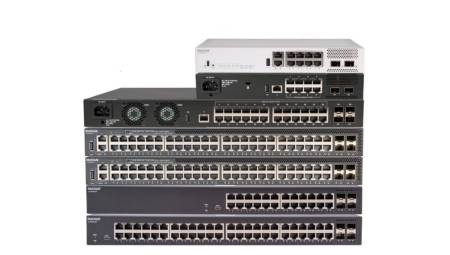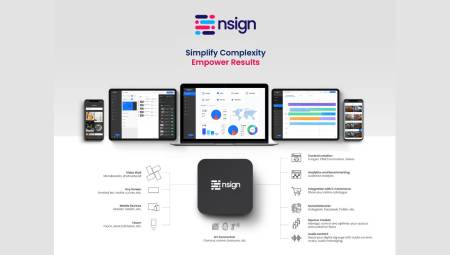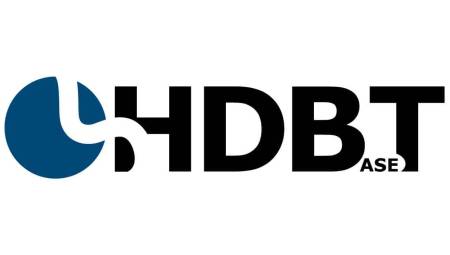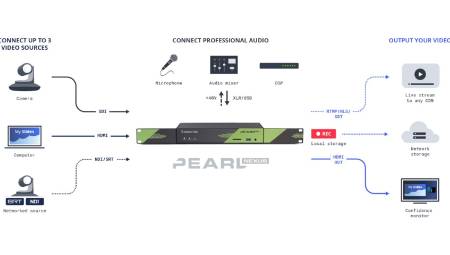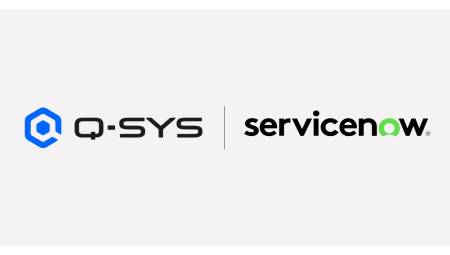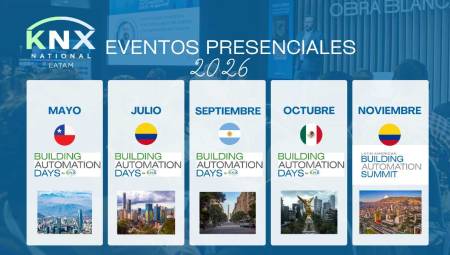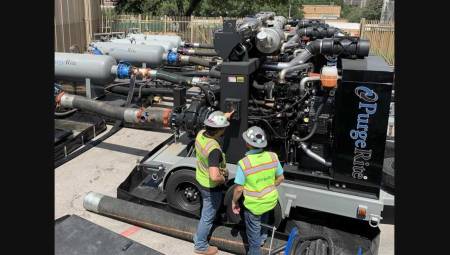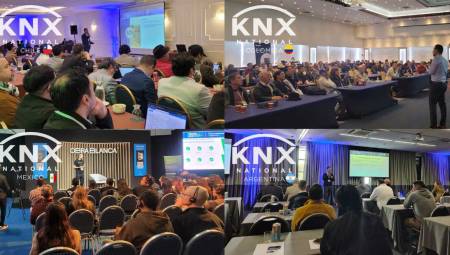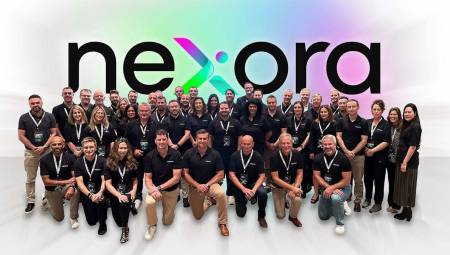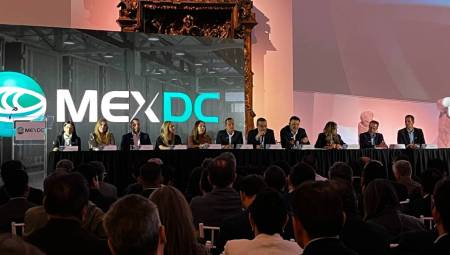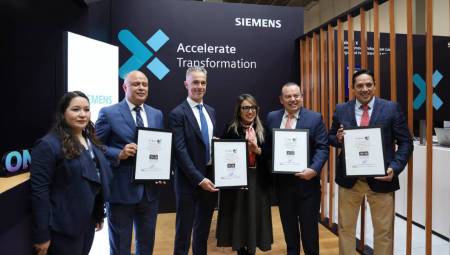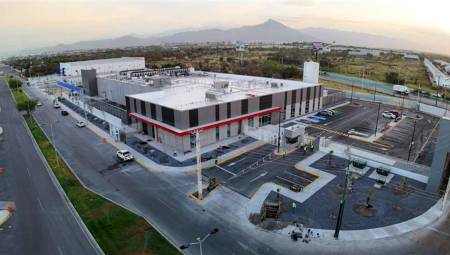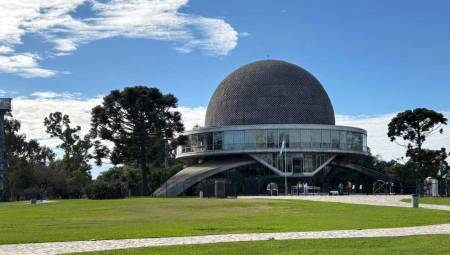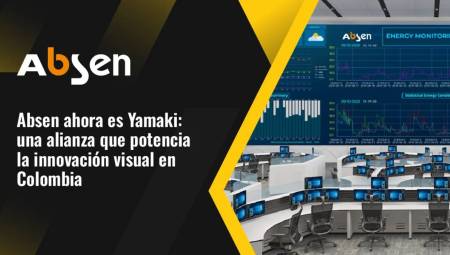Mexico. Digitalization is a global trend that does not stop and every day it has a more important role in the daily life of companies, governments, nations and the general population, a situation that reveals that, in an increasingly digitized world, Data Centers have become the backbone of the global economy.
Mexico, as an emerging technology hub in Latin America, is seeing accelerated growth in this sector and large cloud, content and data providers have announced their interest in the accelerated development of the Data Center industry. However, this growth entails environmental, social and governance challenges that require a strategic response.
According to Amet Novillo, president of the Mexican Association of Data Centers (MEXDC), the adoption of an ESG (Environmental, Social, and Governance) strategy in the Data Center industry in Mexico is not only a matter of responsibility, but a strategic opportunity. It allows companies to reduce risks, improve their competitiveness, attract investment and contribute to the sustainable development of the country. In an increasingly demanding global environment, those who lead in sustainability will also be those who lead in innovation and growth.
"Data centers are energy-intensive facilities. In Mexico, where electricity generation still depends largely on fossil sources, its environmental footprint may increase. Adopting an ESG strategy allows companies in the sector to mitigate that impact through the use of renewable energy, high-efficiency cooling technologies, and responsible environmental management practices," said Amet Novillo.
He added that regulatory and social pressure is increasing; "Governments, investors and consumers demand greater transparency and corporate accountability. In this context, an ESG strategy not only helps to comply with local and international regulations, but also strengthens the reputation of companies with key stakeholders."
From a social point of view, Data Centers have the potential to generate qualified employment and promote technological development in the region. A well-designed ESG strategy can channel these benefits into local communities, promoting inclusion, technical education, and workplace equity.
Benefits of an ESG strategy
Regionally, the application of an ESG operations framework allows organizations to reduce costs due to energy efficiency that is more suitable for operations and the use of clean technologies in the long term. In addition, companies with clear ESG policies are often more attractive to young professionals who value sustainability and social responsibility.
On the other hand, companies can access international investment funds that prioritize sustainable projects, which opens up financing opportunities for companies with robust ESG policies. In the same way, integrating into global supply chains where large technology companies require their suppliers to comply with ESG standards, which makes these strategies a requirement to compete globally; in addition to helping to anticipate and mitigate risks related to climate change, cybersecurity and corporate governance.
Resource optimization
The carbon footprint of data centers is measured by three variables: electricity consumption (to run servers), water consumption (to cool servers), and equipment life (which affects the frequency of replacements).
When it comes to water, the amount required by data centers can vary greatly depending on factors such as the size and location of the data center, the type of cooling system used, and the climate of the region.
Amet Novillo explains that Data Centers in Mexico have relatively low water consumption compared to industries considered intensive such as automotive, manufacturing, or food and beverages.
"The cooling technologies employed in most data center facilities are designed to be efficient and environmentally responsible, reinforcing this industry's commitment to water conservation," he said.
A recent study by the MEXDC in relation to water consumption in industries indicates that most Data Centers in Mexico use air cooling systems, which consume 3,277 liters of water per MW per month. In addition, compared to other industries, Data Centers have a much lower water impact than sectors such as the automotive or food sectors, which consume hundreds of thousands of liters of water in their production processes.
"The Sustainability and Energy Commissions of the MEXDC are working to bring new technologies, trends and best practices to companies in the Data Center Industry to strengthen their ESG strategies for the benefit of technological development in Mexico and promote the sustainable growth of the sector," said the president of the MEXDC.




